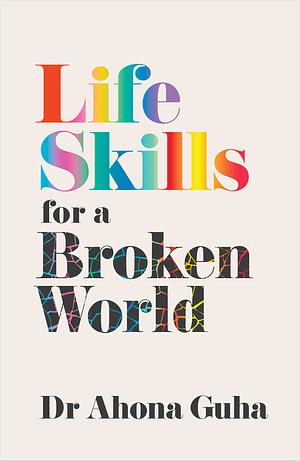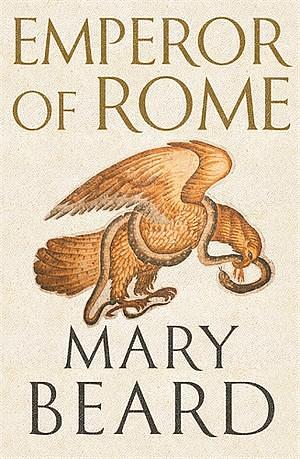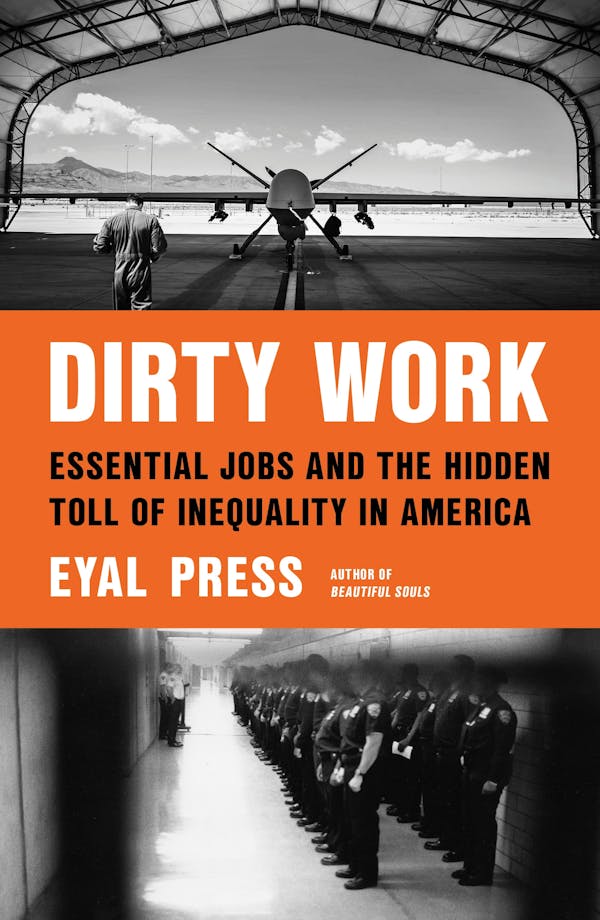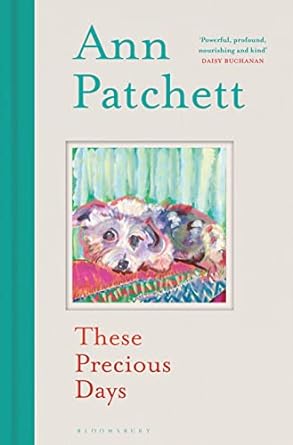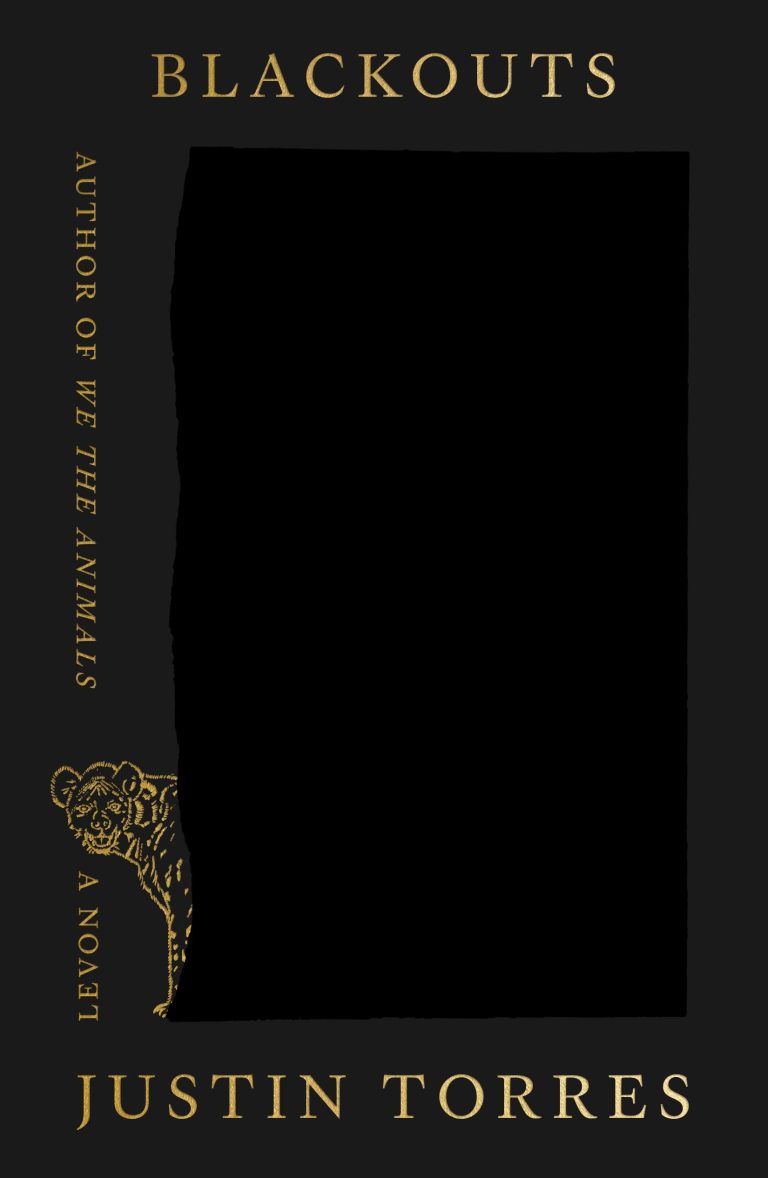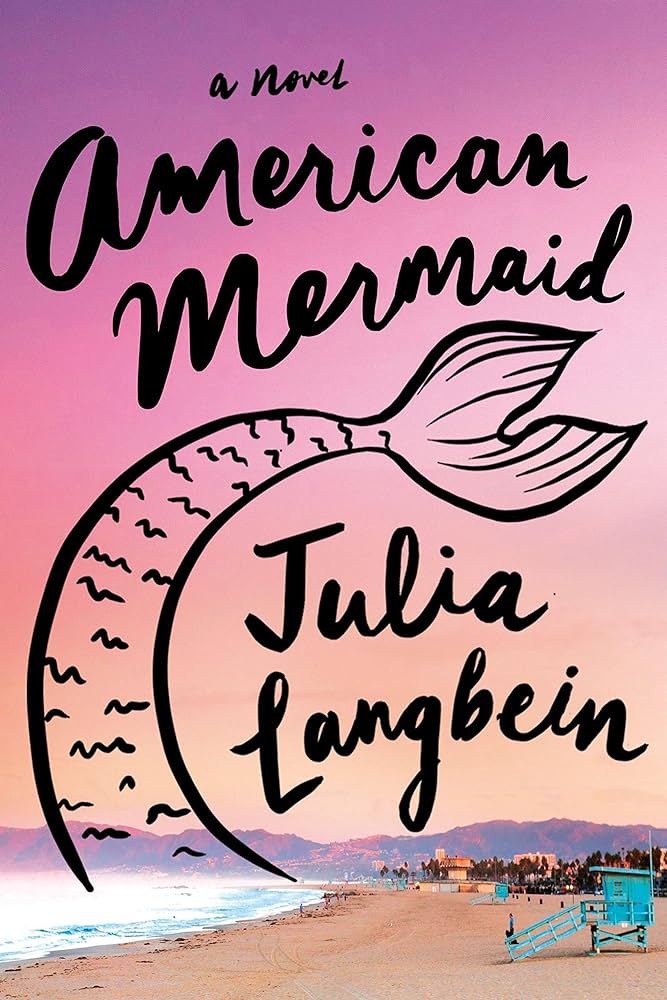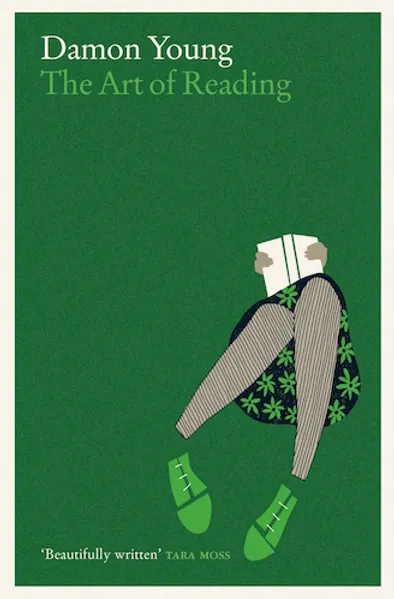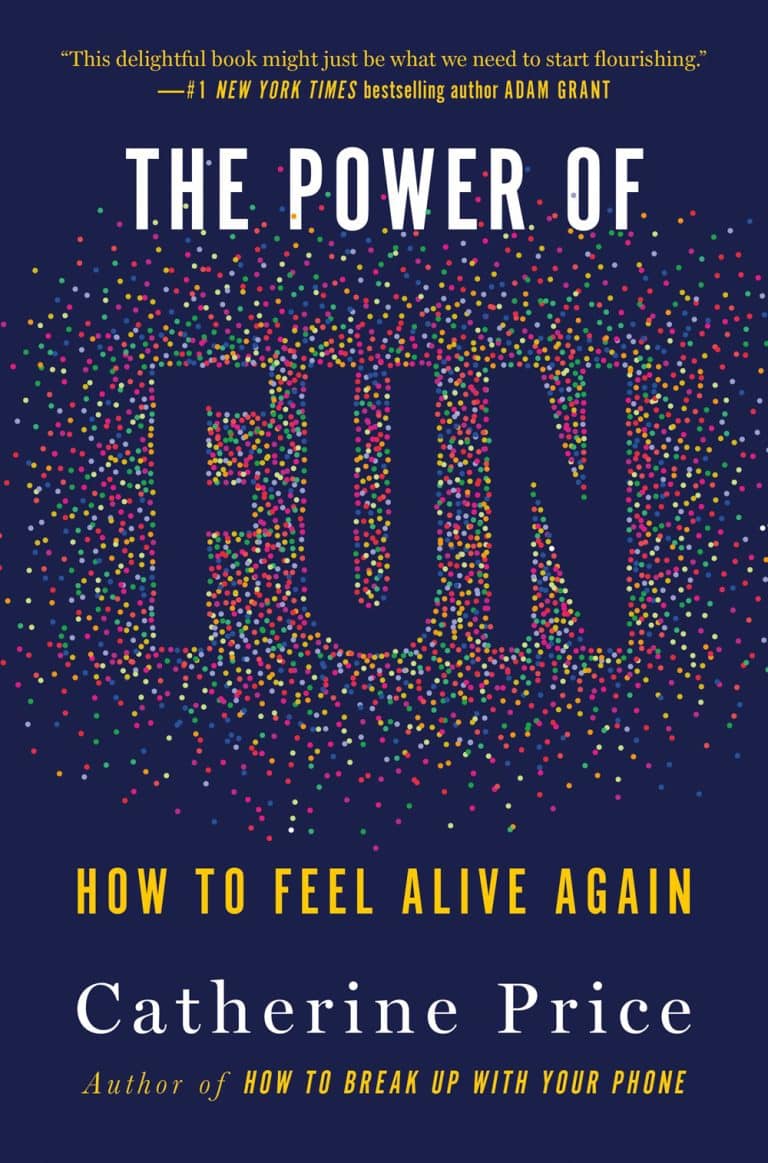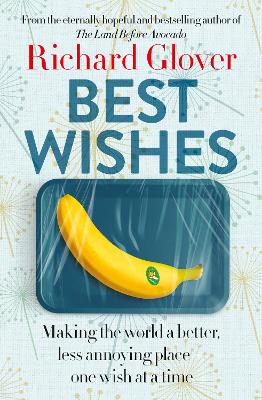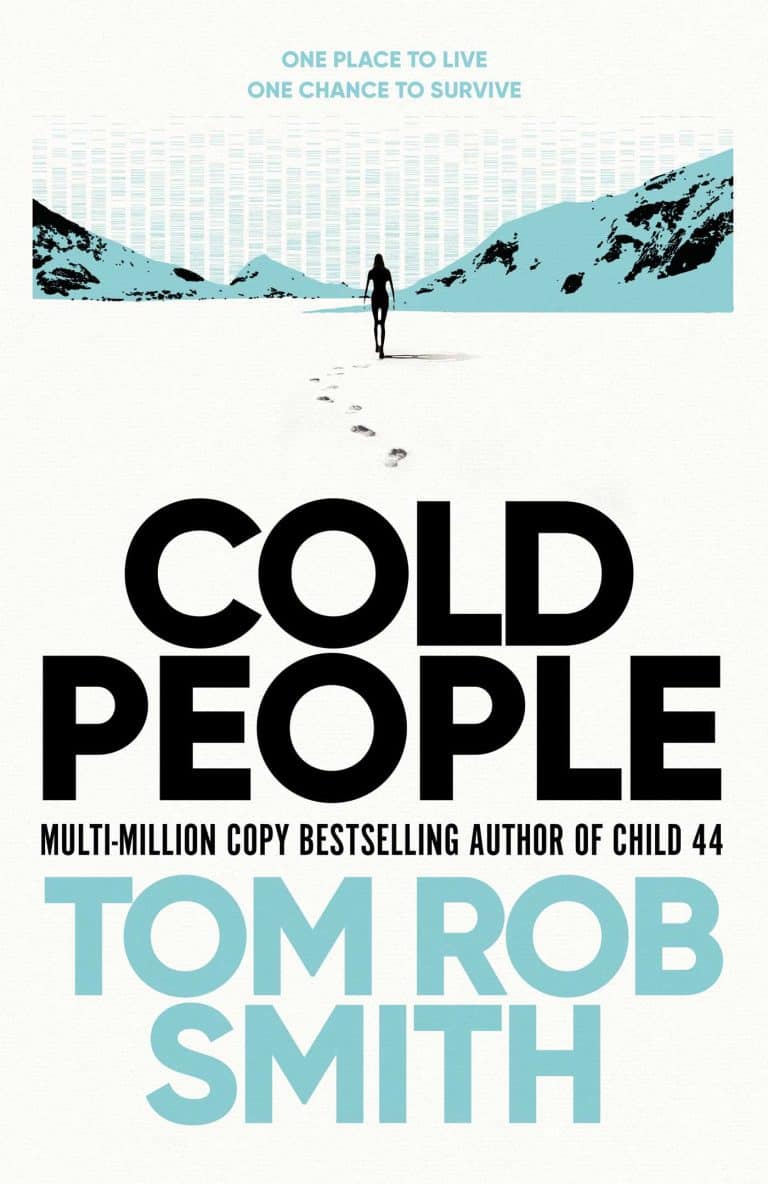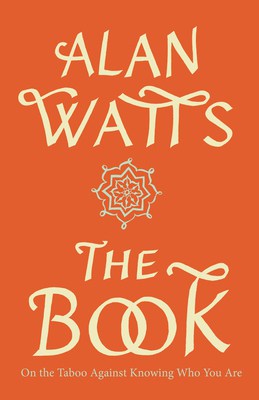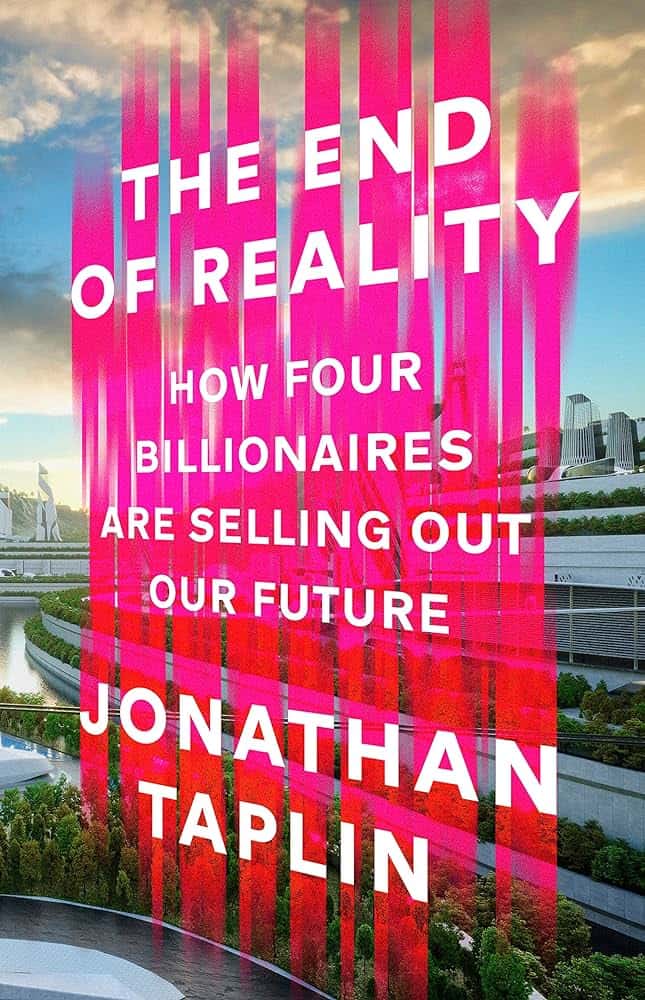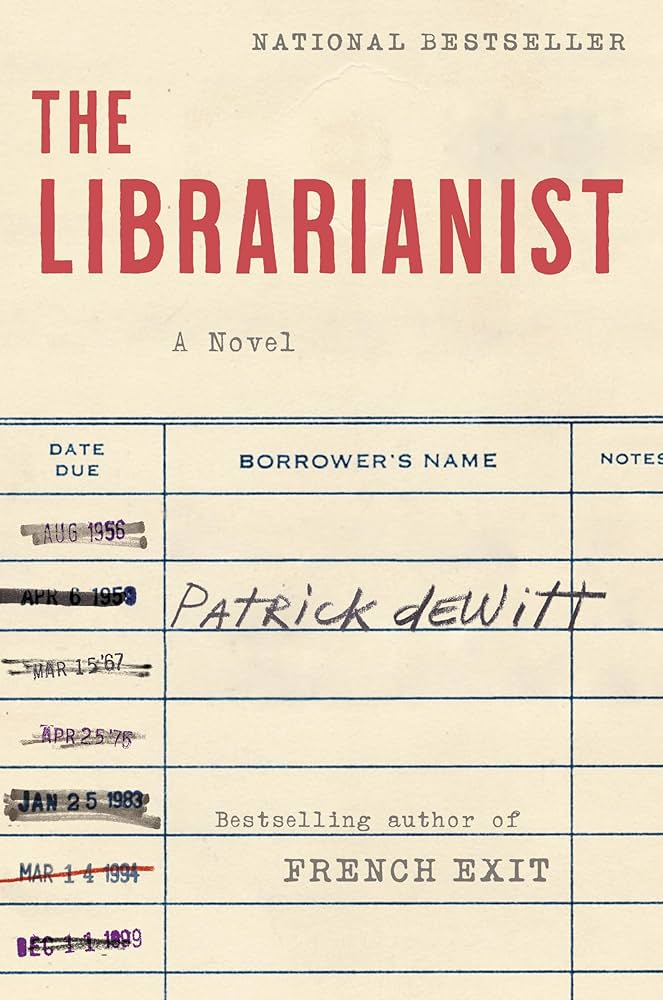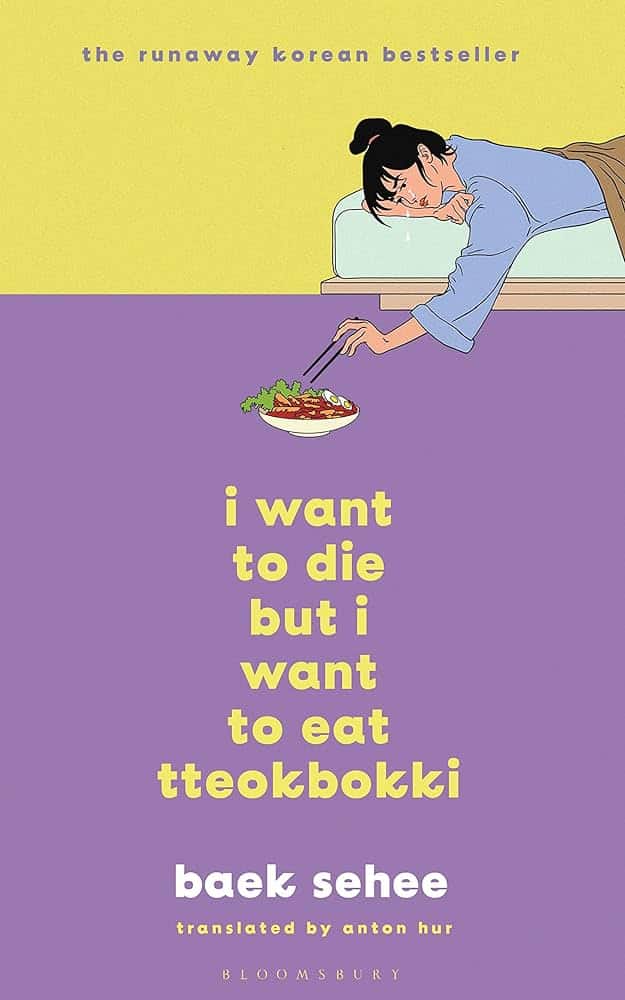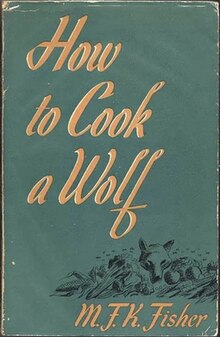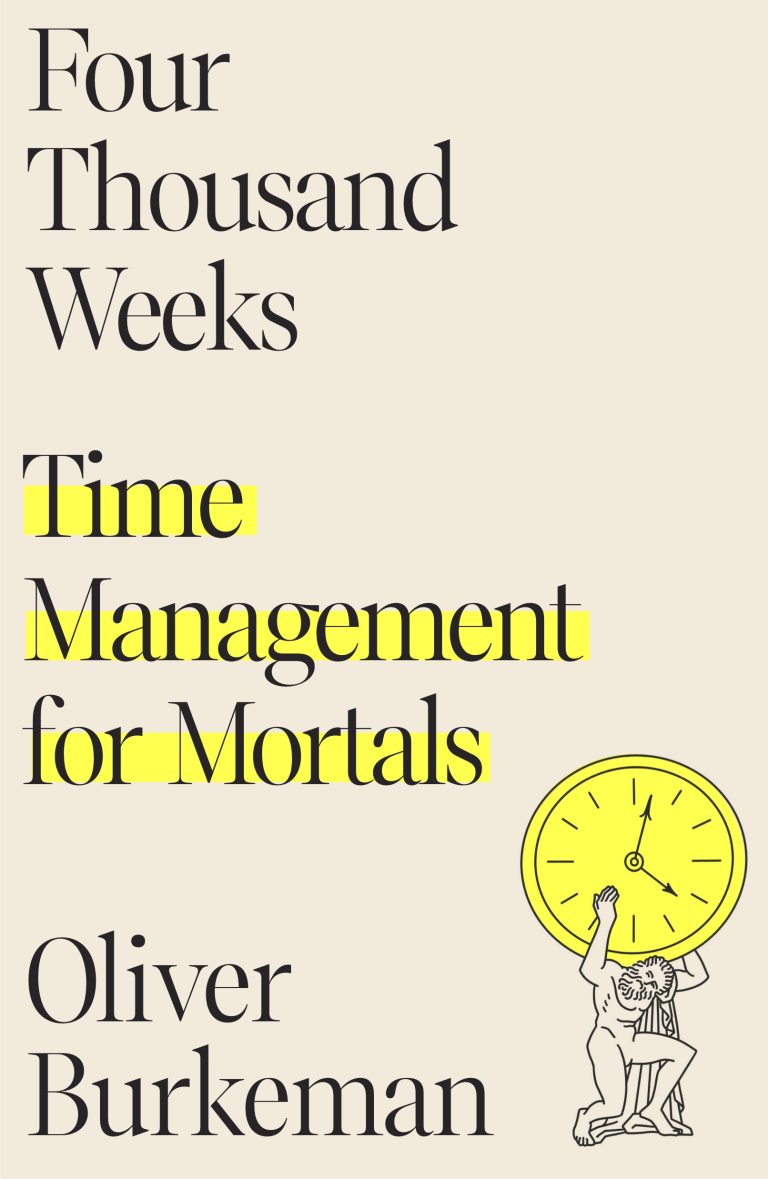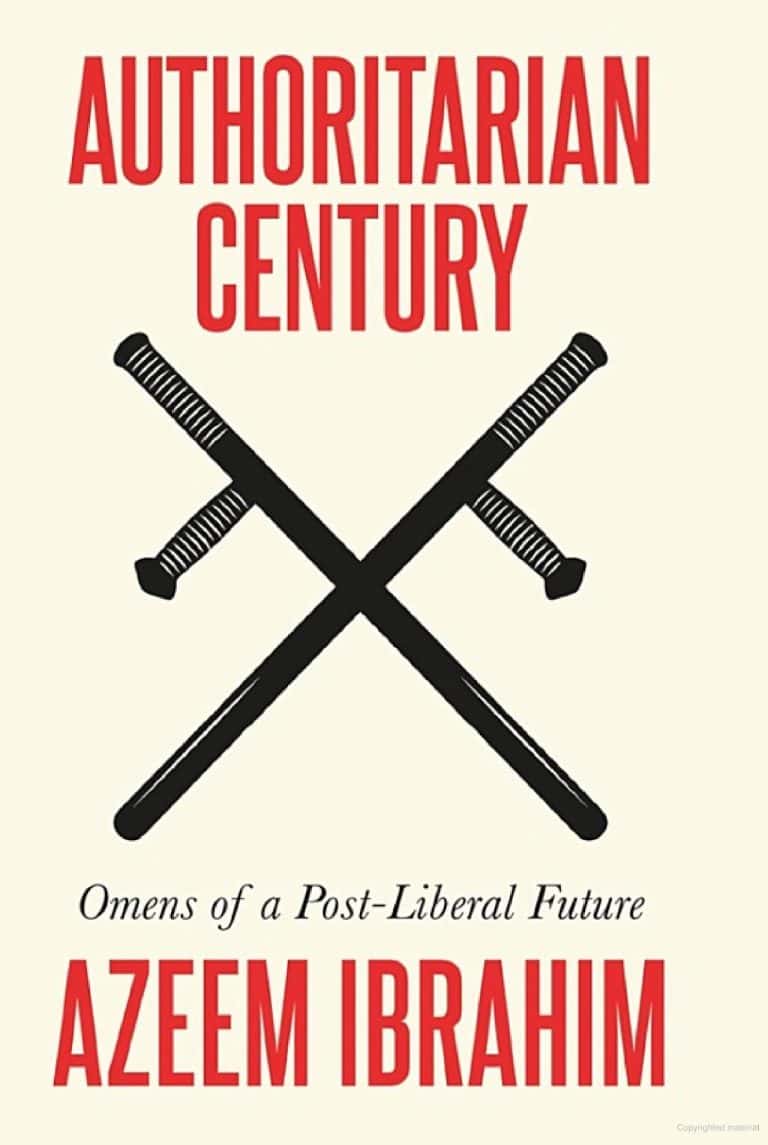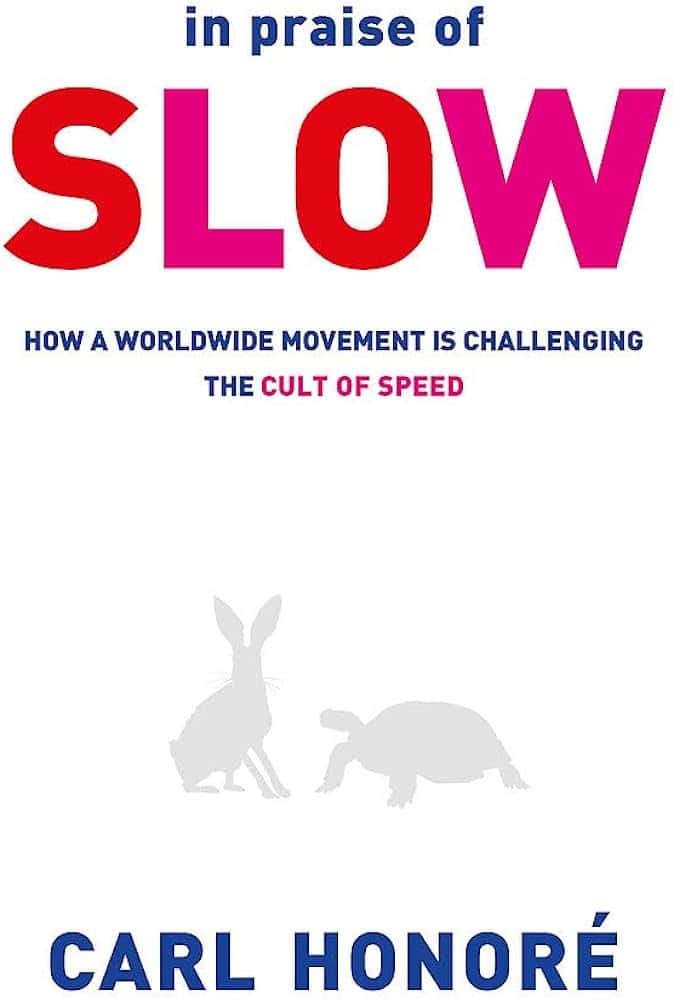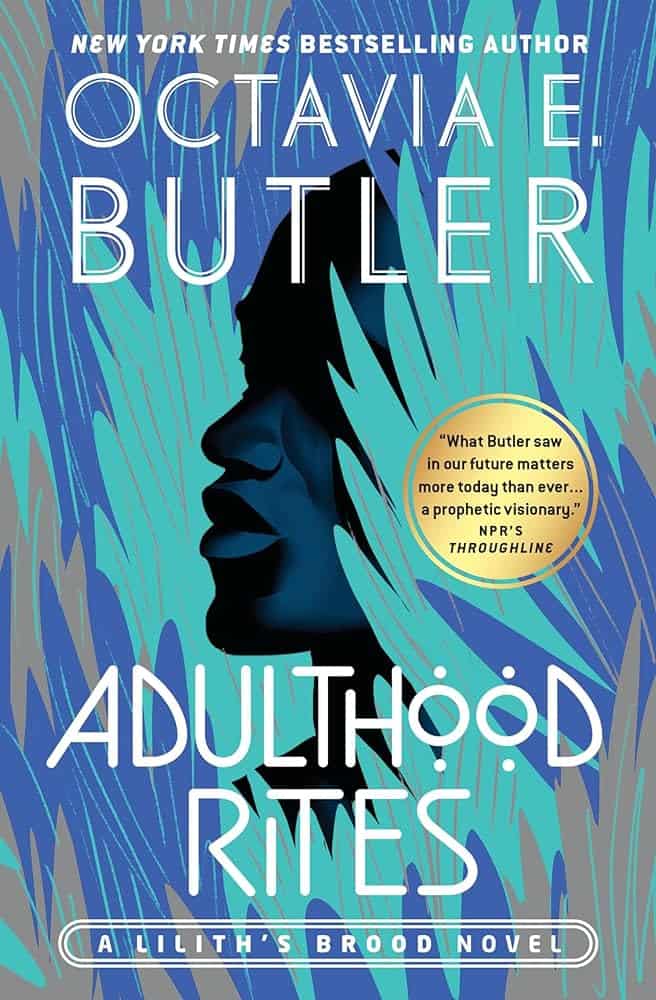I had a ghastly time reading this—it was simply too much for me, the delicate violet that I am. Yet I think this is, in some ways, a necessary book: the hate and violence towards our trans-brothers and -sisters is appalling and needs to be called out and explored within fiction and outside of fiction. The body horror elements of this book turned my stomach, and I don’t know whether to congratulate the author for creating something so genuinely shocking or run away from thinking about this book. Provocative, gross, and brave.
Note: I have pixelated the cover for the front page. If you’d like to see the original, it is here.
